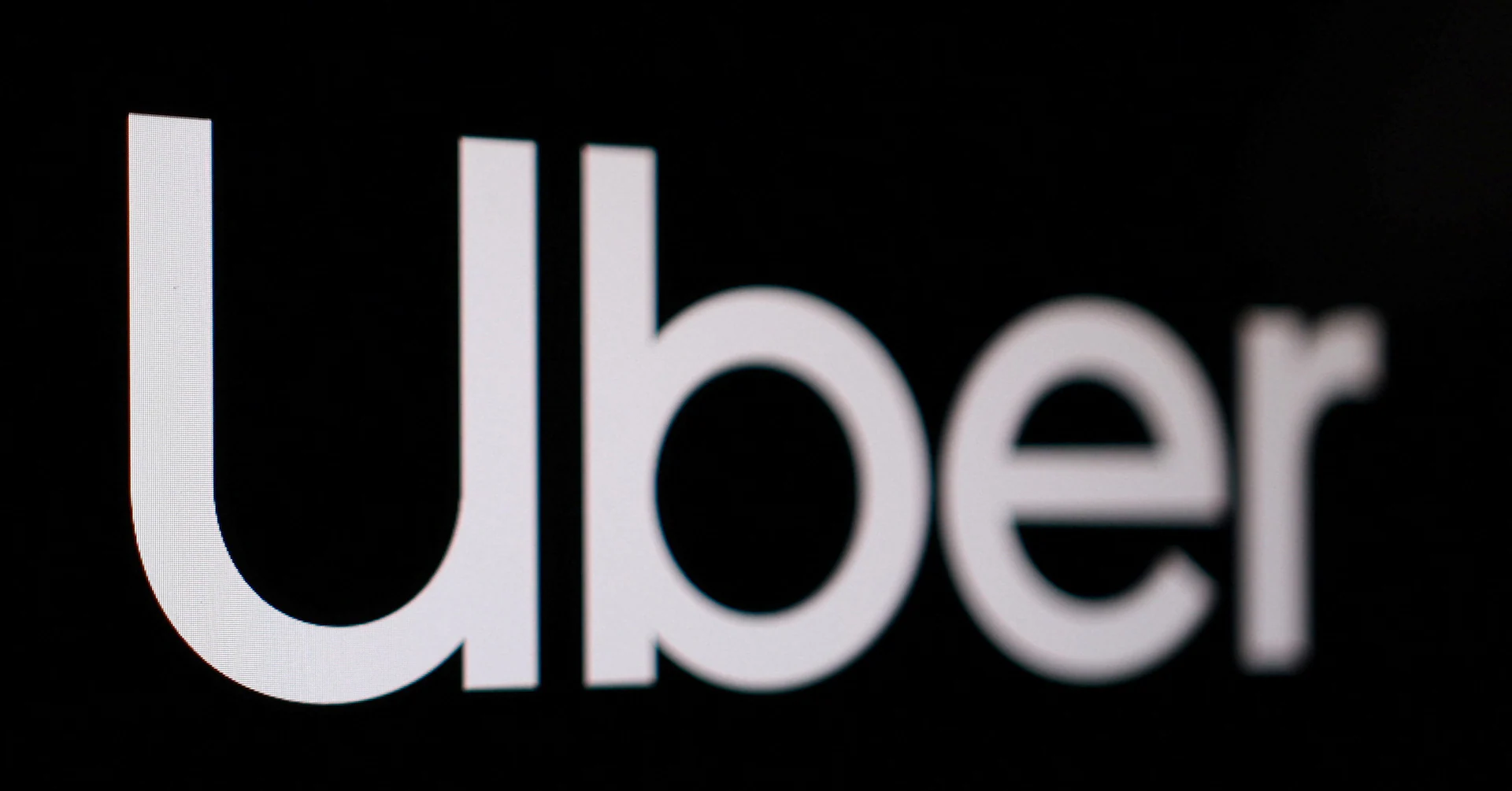
Oct 16 (Reuters) – In a bold legal U-turn, Uber Technologies is swerving from defense to offense, invoking the federal racketeering law typically used against organized crime to sue the very lawyers who’ve been suing it.
Sign up here.
It’s a rare – though not unprecedented – legal strategy that could mark a new frontier in how corporations push back against the plaintiffs’ bar.
Winning a RICO case can bring a big payoff: treble damages plus attorneys’ fees, though Uber likely faces an uphill climb to prevail. Civil racketeering claims require detailed evidence of a pattern of unlawful acts committed by members of an “enterprise” working toward a common purpose.
Even if Uber ultimately falls short, it strikes me that the company will have succeeded in sending a message: Sue us at your peril.
Defendant Downtown LA Law Group said in an email that Uber’s suit against it “represents a concerning effort to undermine the rights of individuals and the attorneys who advocate for them.”
The other defendants, which include Simon & Simon in Philadelphia; Wingate, Russotti, Shapiro, Moses & Halperin in Manhattan; and the Law Group of South Florida in Miami, did not respond to requests for comment.
The firms are not accused of working together; each lawsuit stands alone. But the complaints all stem from a common circumstance: Rideshare companies like Uber are required to carry higher insurance limits than ordinary drivers.
Uber’s liability coverage, which applies when a driver is on the way to pick up a passenger or en route to the passenger’s destination, is $1 million in California, Florida and Pennsylvania, according to the company. In New York State, it’s $1.25 million when a passenger is in the vehicle. Uber says approximately 45% of the fare of every Uber ride in Los Angeles, for example, goes to mandated insurance costs.
Uber says scammers are well aware of this coverage, which allegedly makes the company a target for fake personal injury claims, inflated medical billing and even staged accidents.
“That kind of legal abuse drives up prices, harms accident victims, and erodes the public’s trust—so when we see fraud and abuse occur on our platform, we will not hesitate to take action to protect consumers and drivers,” Uber spokesperson Adam Blinick said via email.
In each of the RICO suits, Uber alleges plaintiffs’ lawyers funneled clients to “unscrupulous” medical providers. These doctors, chiropractors and physical therapists, who are also named as defendants in the suits, allegedly provided unnecessary medical procedures to treat negligible or non-existent injuries, creating false evidence of injuries to drive up the cost of settling the cases.
In exchange, the medical providers got a steady stream of patients and in some instances, the ability to charge premium rates for their services, Uber alleges, calling the arrangements “a kickback.”
The RICO allegations have caught the attention of other lawyers in the plaintiffs’ bar, who are looking on uneasily.
“I think part of Uber’s strategy here is a bit of lawfare,” said Hani Habbas of Irvine, California-based HH Law Firm, who has litigated injury cases against Uber in the past but is not involved in the RICO suits.
“RICO is a sledgehammer, when what’s needed is a scalpel,” he said. “Is the intention here to police fraud or suppress valid claims?”
Uber is not the first company to attempt to invoke RICO against personal injury lawyers.
Other recent cases have fallen short. For example, a federal judge in Chicago in March dismissed a RICO suit by plastic pipe maker JM Eagle against a plaintiffs’ firm that had filed hundreds of asbestos personal injury cases against it. The judge ruled that JM Eagle failed to show that the injury lawyers, asbestos plaintiffs and other witnesses were functioning as an enterprise — a “continuing unit” and sharing “a common purpose” — though the company has been given leave to amend its complaint.
For corporations, “these are difficult cases to win, because of the complexity and the requirement to prove an enterprise,” Joyce told me. “They are not for the faint of heart.”
Reporting by Jenna Greene
Our Standards: The Thomson Reuters Trust Principles., opens new tab
Opinions expressed are those of the author. They do not reflect the views of Reuters News, which, under the Trust Principles, is committed to integrity, independence, and freedom from bias.
Jenna Greene writes about legal business and culture, taking a broad look at trends in the profession, faces behind the cases, and quirky courtroom dramas. A longtime chronicler of the legal industry and high-profile litigation, she lives in Northern California. Reach Greene at jenna.greene@thomsonreuters.com